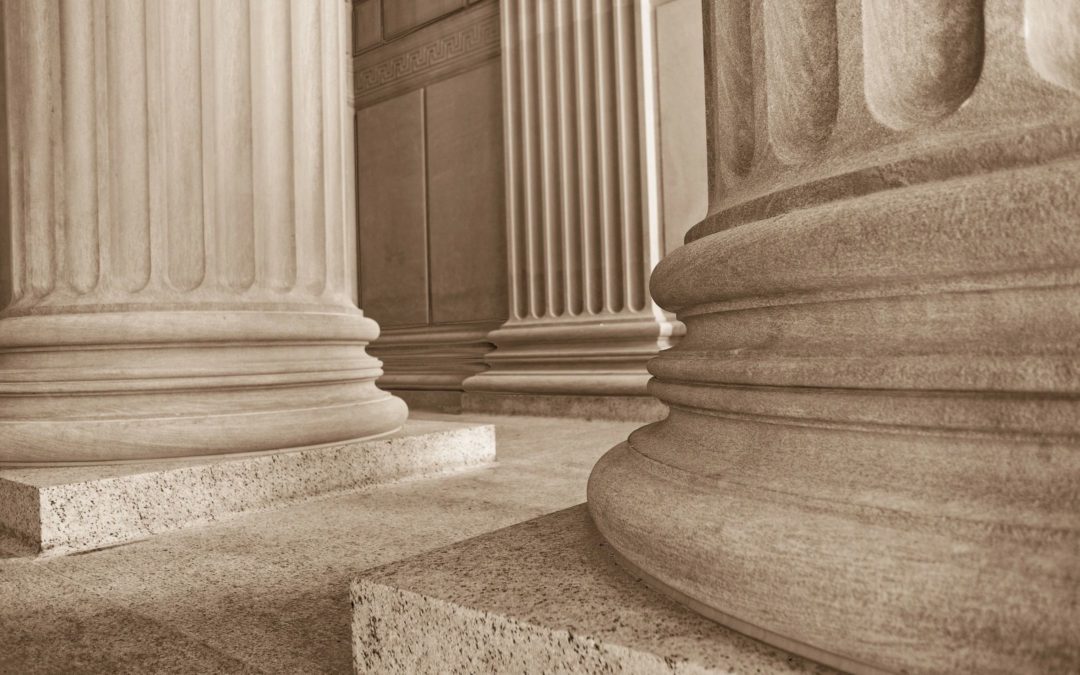By Emily Tait
Since April 2018 when the U.S. Supreme Court handed down its Oil States decision, patent owners have made various arguments addressing issues that were not resolved in that case. One such example is Christy, Inc. v. United States, Case No. 1:18-cv-00657 (Ct. Cl.), a proposed class action brought in the U.S. Court of Federal Claims just a month after Oil States was handed down. There, Christy argued that the Patent Trial and Appeal Board’s (“PTAB”) invalidation of patent claims in a final written decision following an inter partes review constituted inter alia an unlawful taking without just compensation in violation of the Takings Clause of the U.S. Constitution.
Just last week, the Court rejected Christy’s arguments and granted the United States’ motion to dismiss Christy’s complaint. After finding that it had jurisdiction under the Tucker Act to consider Christy’s Takings Clause claim, the Court then engaged in a substantive analysis and concluded that Christy had failed to state a plausible claim. Pivotal to the decision was whether a patent grant was to be considered private, personal property.
Indeed, the Fifth Amendment of the Constitution forbids the federal government from taking private property for public use without paying just compensation. U.S. Const. amend. V. Surveying the case law, the Court concluded that patents are “public franchises, not private property[]” and thus “patent rights are not cognizable property interests for Takings Clause purposes.” Slip op., at 16 (footnote omitted). The Court expressly rejected Christy’s effort to cite Oil States as supporting its position that patents are private property, noting that “the Supreme Court took no position in Oil States on the issue of whether patents were property for Takings Clause purposes because that matter was not before the court.” Id. at 14. The Court also found significant that a patent owner’s rights are qualified and subject to requirements of the Patent Statute. Id. at 15 (citations omitted). Notably, the Patent Office has “continuing authority to review and potentially cancel patents after they are issued.” Id. (citing Oil States, 138 S. Ct. at 1376 n.3 (citing 35 U.S.C. §§ 216, 311-319).
While this case did not come as a surprise to many, it brought clarity to an issue that remained open after Oil States. Stay tuned for a discussion of additional cases that test areas that Oil States did not resolve.
Emily Tait
Latest posts by Emily Tait (see all)
- Prior Art Asserted in Second Petition Should Have Been Asserted in the First - January 13, 2025
- Another Bite? CAFC Allows Expansion of Arguments in Reply - December 8, 2023
- Fintiv Factor 3 Centers on Degree of Investment, Not Substantive Arguments - August 1, 2023

